Liquefied natural gas (LNG), cryogenic fluids, and other low-temperature applications are critical in energy, chemical, and aérospatial industries.
These systems operate at extreme cold, where ordinary seal materials can become brittle, shrink, or crack. Seal failure under such conditions can stop operations, cause leaks, or create dangerous situations.
Bagues d'étanchéité en carbure are engineered to handle these demanding duties. With their dureté, dureté, and resistance to temperature changes, they ensure pumps, compressors, and vannes remain reliable.
For decision-makers, carbide seals mean fewer breakdowns, safer operations, and long-term cost savings.
Challenges in LNG and Cryogenic Applications
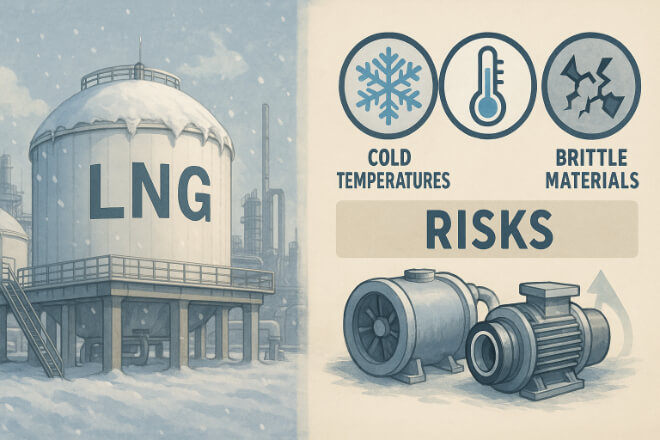
Extreme cold makes many metals and polymers brittle.
Rapid temperature changes cause thermal shock, stressing seals.
High pressures in LNG transfer systems demand strong sealing surfaces.
Chemical exposure from cryogenic fluids can corrode or weaken some materials.
Standard stainless steel or ceramic seals often fail in these conditions.
Carbide seal rings are designed for performance in harsh low-temperature environments.
Why Carbide Seal Rings Excel in Low-Temperature Duties
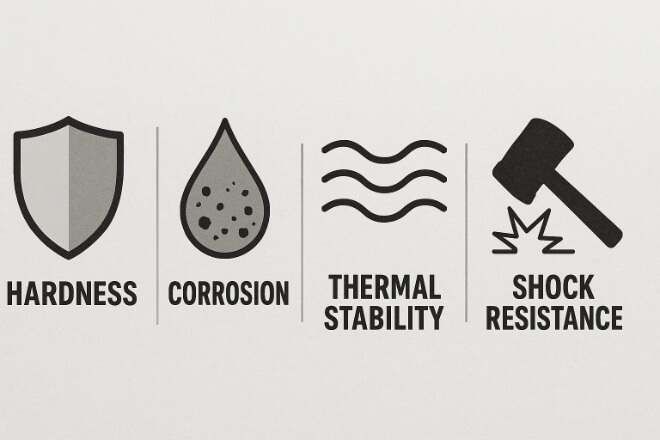
Dureté et Résistance à l'usure: Carbide resists scratches and abrasion from particles in cryogenic fluids.
Thermal Stability: Carbide maintains sealing integrity even at -196°C (-321°F) for LNG applications.
Strength and Shock Resistance: Cobalt-bonded carbide absorbs thermal shock and mechanical vibration without cracking.
Résistance à la corrosion: Nickel-bonded carbide resists chemical attack from cryogenic liquids or trace contaminants.
Long Service Life: Reduced wear and corrosion lower maintenance frequency and improve uptime.
Applications in LNG and Cryogenic Systems
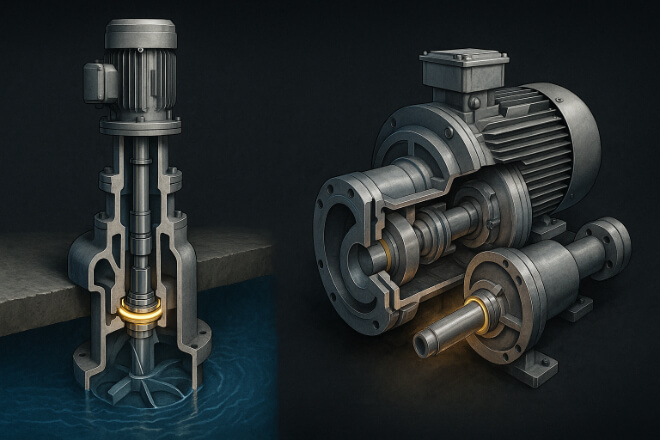
1). LNG Transfer Pumps
Carbide seals prevent leaks in pumps moving super-cooled natural gas between storage and ships.
2). Cryogenic Compressors
High-speed compressors for gases like oxygen, nitrogen, or hydrogen depend on carbide rings for stability.
3). Valves and Control Systems
Carbide seals ensure reliable closure in valves used in cold pipelines and storage systems.
4). Aérospatial and Research
Liquid hydrogen and oxygen systems in rockets and laboratories use carbide seals for safety and precision.
Avantages pour les opérations industrielles
| Avantage | Impact |
|---|---|
| Durability in Cold | Resists brittleness and cracking at extreme low temperatures. |
| Leak Prevention | Keeps LNG and cryogenic fluids securely contained. |
| Lower Maintenance | Longer seal life reduces replacement and repair costs. |
| Operational Reliability | Improves uptime for LNG plants, pipelines, and aerospace systems. |
| Safety and Compliance | Prevents hazardous leaks, supporting industry safety standards. |
Études de cas
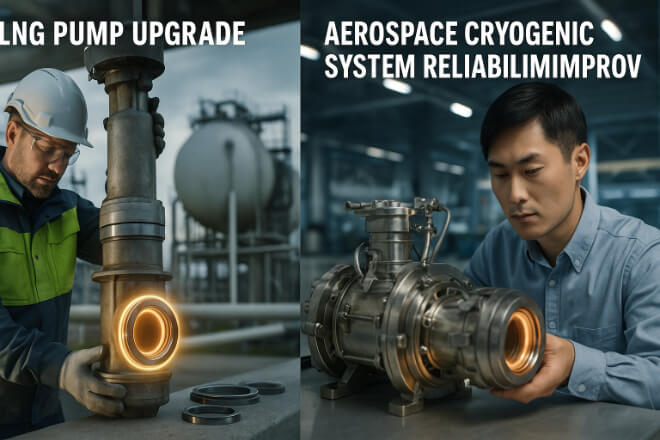
LNG Terminal Pump Upgrade
A coastal LNG terminal replaced steel seals with nickel-bonded carbide rings.
Result: improved reliability during rapid cool-down cycles and fewer emergency maintenance calls.
Aerospace Cryogenic System
A rocket manufacturer adopted cobalt-bonded carbide seals in liquid oxygen pumps.
Result: reduced thermal shock failures and improved launch reliability.
How to Choose the Right Carbide Seal Ring
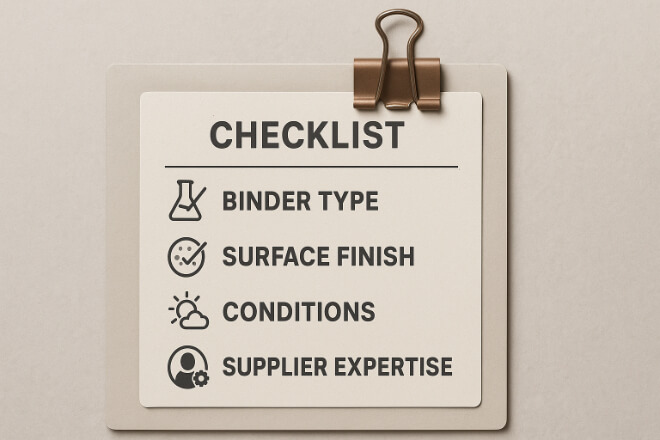
1). Type de liant
Nickel-bonded carbide for corrosive or chemically active cryogenic fluids.
Cobalt-bonded carbide for systems prone to vibration or sudden temperature changes.
2). Finition de surface
Polished carbide minimizes friction and wear in high-speed pumps or compressors.
3). Conditions de fonctionnement
Consider temperature range, pressure levels, and fluid composition.
4). Expertise du fournisseur
Work with ISO-certified suppliers experienced in LNG and cryogenic duties.
Maintenance and Replacement Best Practices
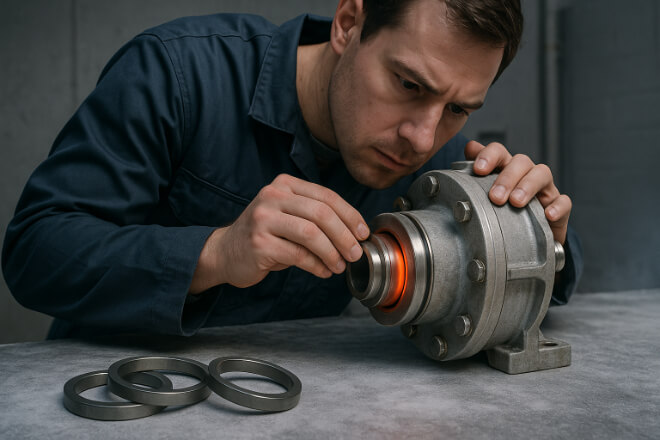
Inspect seals during scheduled outages or refits.
Replace seals proactively to prevent leaks or equipment failure.
Stock spare carbide seals for critical LNG transfer pumps and cryogenic compressors.
Recycle worn carbide components to reduce environmental impact and costs.
Considérations relatives aux coûts et au retour sur investissement
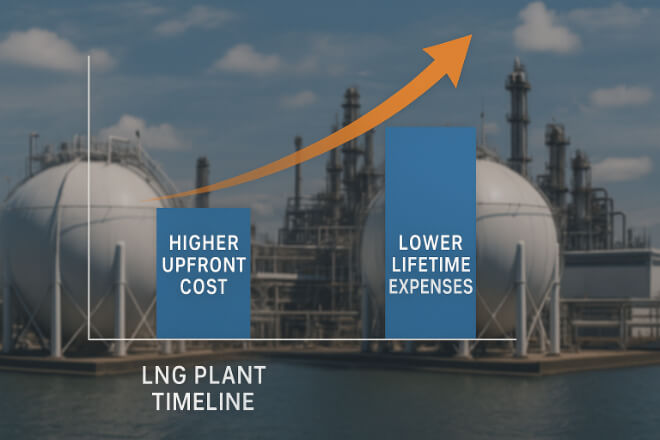
Upfront Cost: Carbide seals are more expensive than standard alternatives.
Savings: Longer service life and fewer leaks reduce maintenance and downtime.
ROI: Improved safety, compliance, and reliability offset the higher purchase price.
Avantages environnementaux et de sécurité
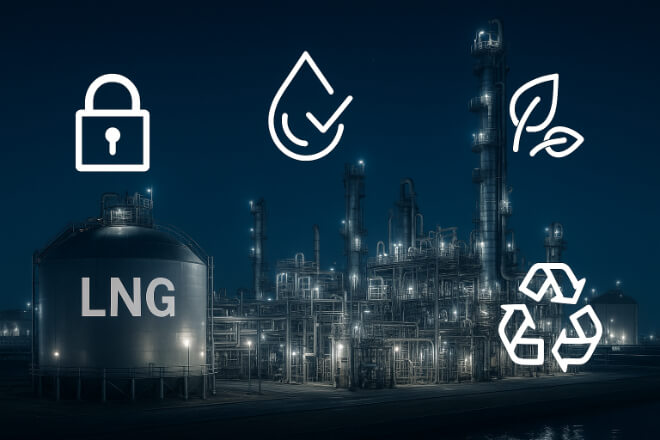
LNG and cryogenic leaks can be hazardous and environmentally damaging. Bagues d'étanchéité en carbure reduce leak risks, protect workers, and ensure compliance with strict safety regulations.
Conclusion
Carbide seal rings are essential for LNG, cryogenic, and other low-temperature duties.
Their durability, corrosion resistance, and thermal stability make them the best option for pumps, compressors, and valves operating under extreme cold.
For decision-makers, carbide seals offer improved safety, fewer breakdowns, and lower lifetime costs—key benefits in competitive and high-risk industries.
Si vous souhaitez en savoir plus sur une entreprise, n'hésitez pas à Contactez-nous.
